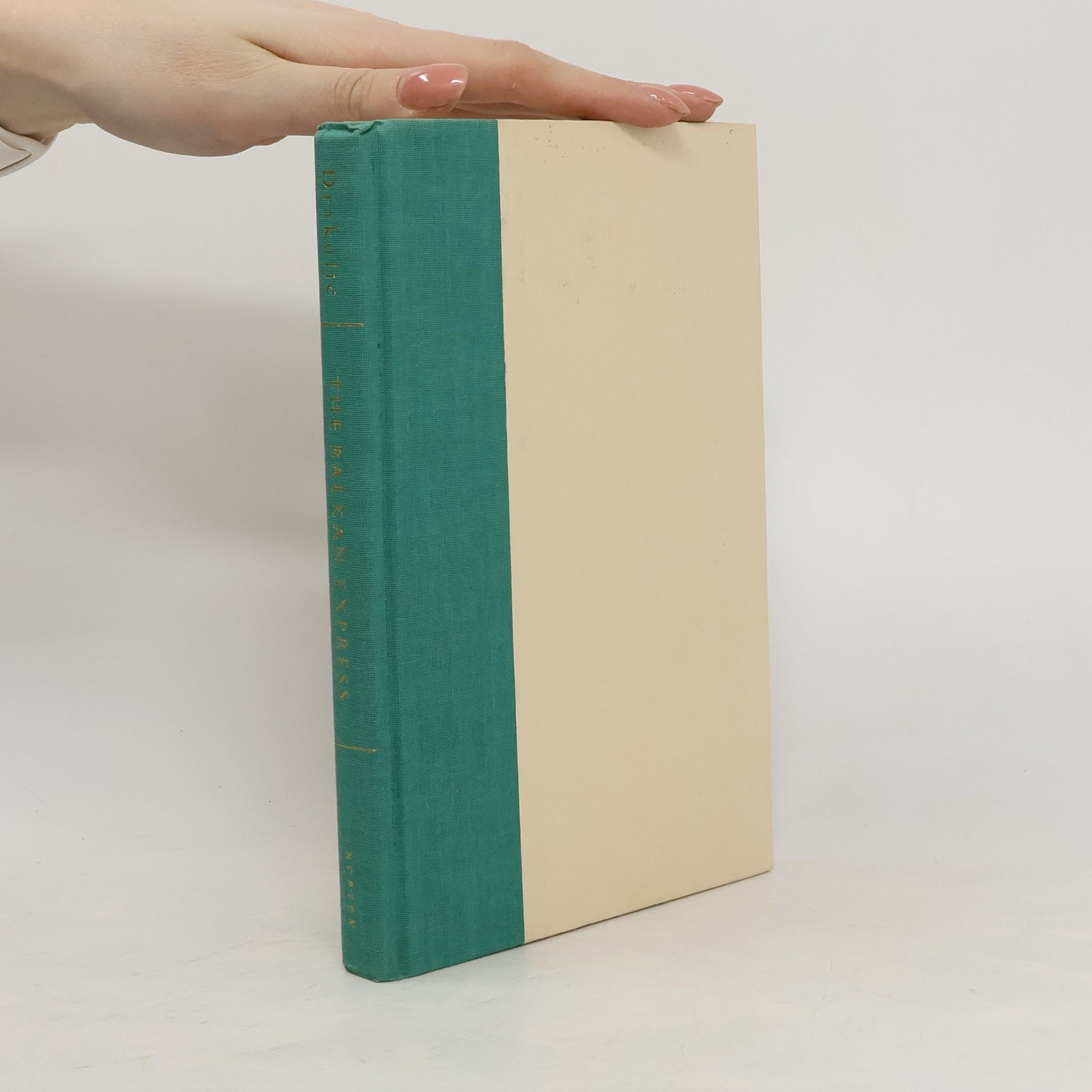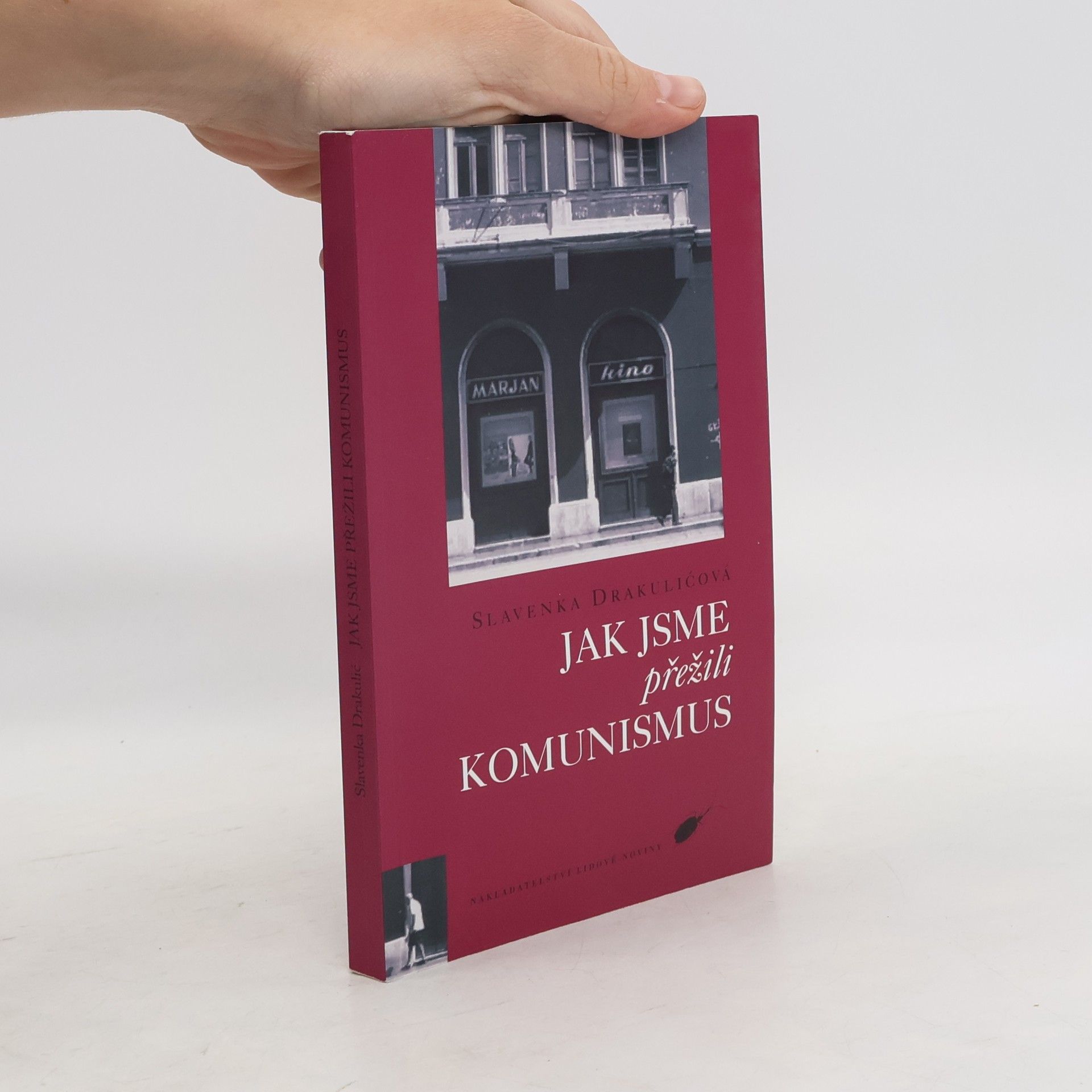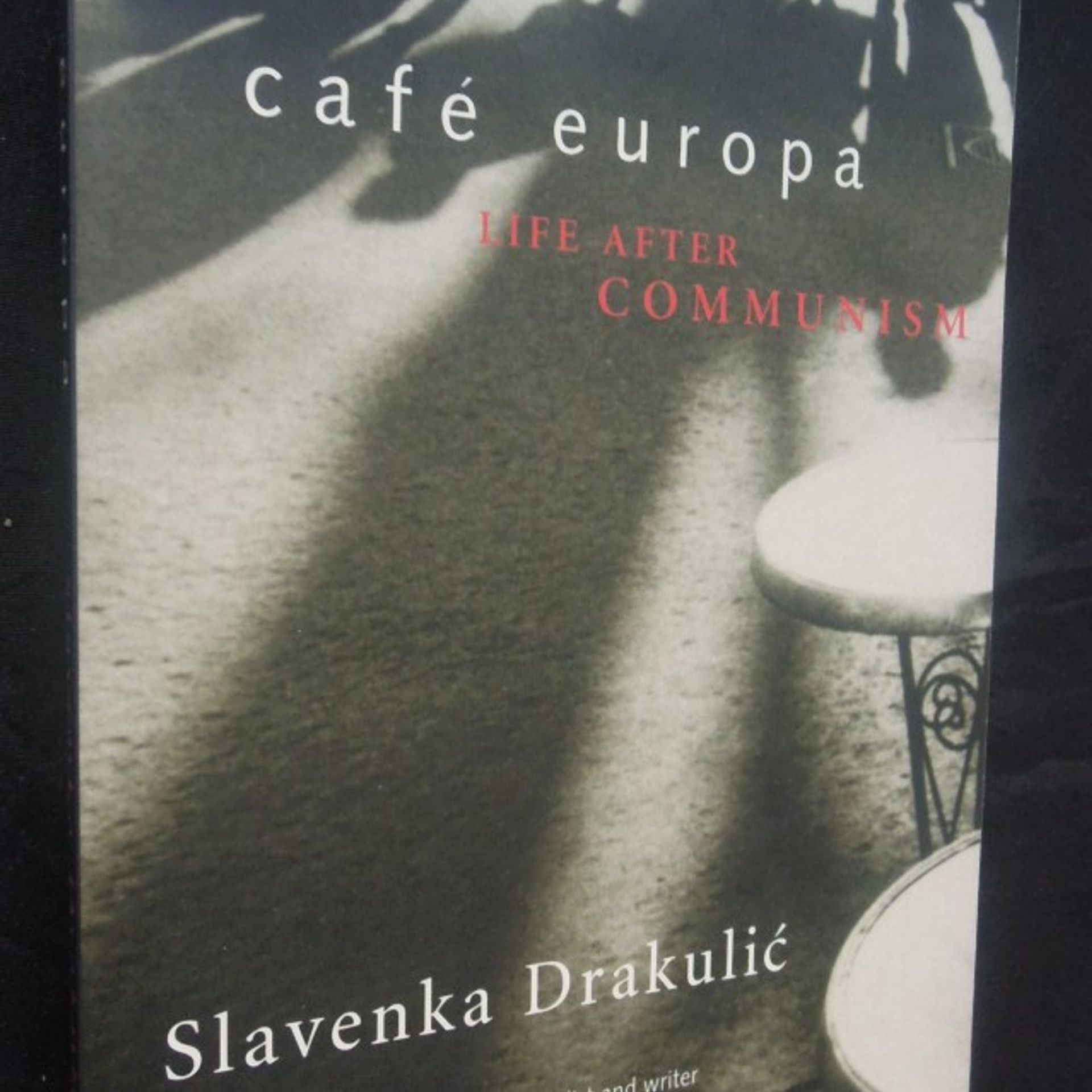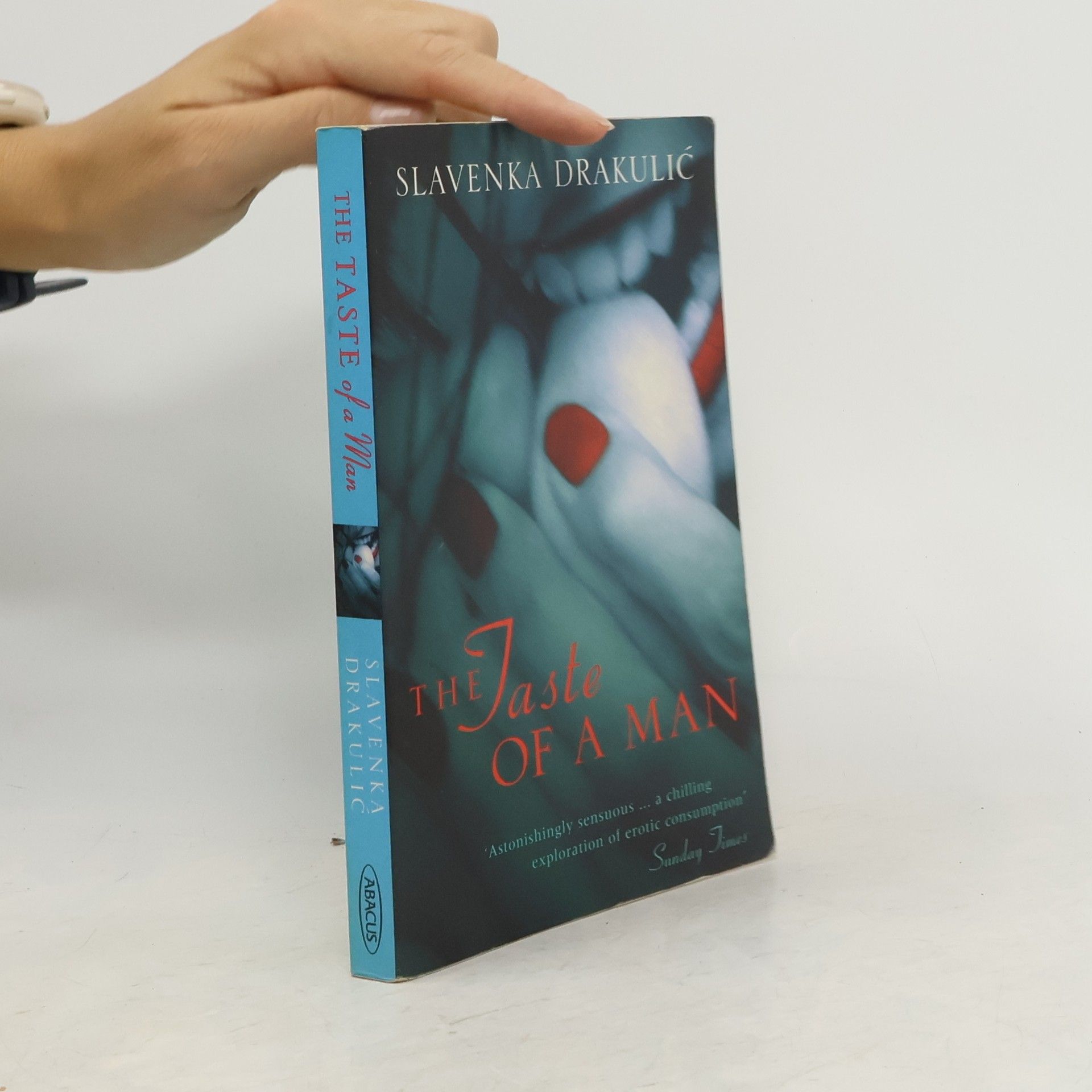Ani mouše by neublížili
- 182 stránek
- 7 hodin čtení
Váleční zločinci u soudu v Haagu Chorvatská spisovatelka přibližuje životní osudy válečných zločinců, jejich obětí i svědků, kteří stanuli před mezinárodním tribunálem v Haagu. Haagský tribunál stíhá zhruba osmdesát lidí ze všech stran konfliktu. Drakulićová se nezaměřuje pouze na nejvýznamnější obviněné, jako je Slobodan Milošević, ale také na jedince, jejichž případy odpovídají cíli knihy, tedy odhalit pohnutky, které vedou ke spáchání válečných zločinů.









